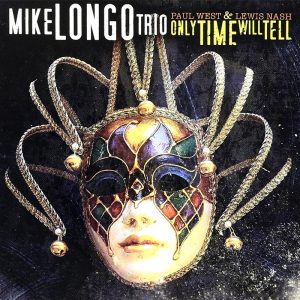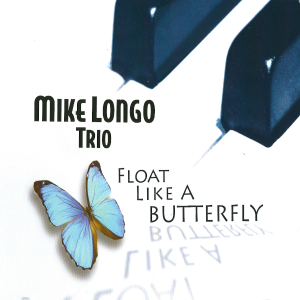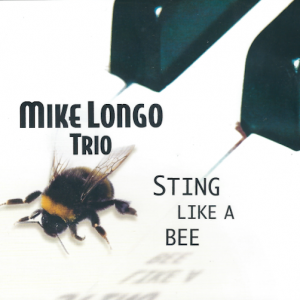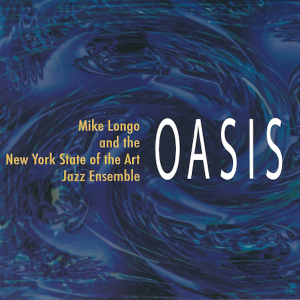About “Dizzy Gillespie Live at Ronnie Scott’s Vol.3”
Longo’s “The Crossing” commemorates the quintet’s voyage to Europe on the SS France. Among other shipboard adventures, at three o’clock one morning after a poker game in Dizzy’s stateroom, he went down a passage, through a door that locked behind him and found himself in the cold and wind atop the ship. Peering into France’s bridge, he could see “the guys driving the ship.”
“They couldn’t see me. They probably would have been upset that somebody was out there. At night, they really haul ass; waves, spray, I was gettin’ all wet. Oh, my god. Finally, I found a swimming pool and climbed down the railing, went through the pool door, and got back to my room, soaked.”
Longo wrote “The Crossing” late one night in London. The band rehearsed it the next afternoon, recorded it in concert at the club that evening and, Mike said, “never played it again.”
Speaking of wig bubbles, Dizzy introduces “Olé For the French Gypsies” with one of his own. Or, perhaps it’s true; he may actually have been kidnapped by a roving band of gypsies. In any case, the musical adventure is real. It has some of his best muted playing, blistering open horn, and a beguiling Gafa solo that may indicate Gypsy blood in the guitarist’s heritage.
Gillespie began singing “Something in Your Smile” shortly after the release of the motion picture Doctor Doolittle in 1967. The song stayed in his repertoire for years. However untrained his voice, he sang with feeling and musicianly control of pitch that made Annie Ross admire him as a vocalist. “He did everything well,” she said.
Antonio Carlos Jobim’s and Vinícius de Moraes’ “Chega de Saudade,” aka “No More Blues,” was the first bossa nova hit. João Gilberto’s 1958 recording captivated American musicians visiting Brazil. Dizzy was entranced by samba rhythms during his State Department tour of South America in 1956. One of the first to incorporate bossa nova’s freshness and propulsiveness into his music, he first recorded “No More Blues” in 1962, shortly after the samba wave began sweeping into North America. By ’73, all the members of his band were masters of the idiom, fully at ease with the subtleties and rhythmic challenges of samba.
Gillespie named “Olinga” for Enoch Olinga, a Ugandan leader in politics and the Bahá’í faith that Dizzy practiced and that Longo follows. He wrote the piece in remembrance of Olinga after he and his family were murdered in 1979 at a peak of violent unrest in Uganda following the overthrow and self-imposed exile of the country’s president, Idi Amin.
The singer Babs Gonzales wrote “Oop-Pop-A-Da” and recorded it first with his Three Bips And A Bop, but Gillespie made it famous in a 1947 RCA recording with his first big band. Here, he delivers it in a scat performance that evolves for a time into a Gillespie-May duet, the bassist walking with the power that Roker admired. The band takes it out with a brief version of Dizzy’s minor blues “Birks Works” behind Scott’s announcement.






